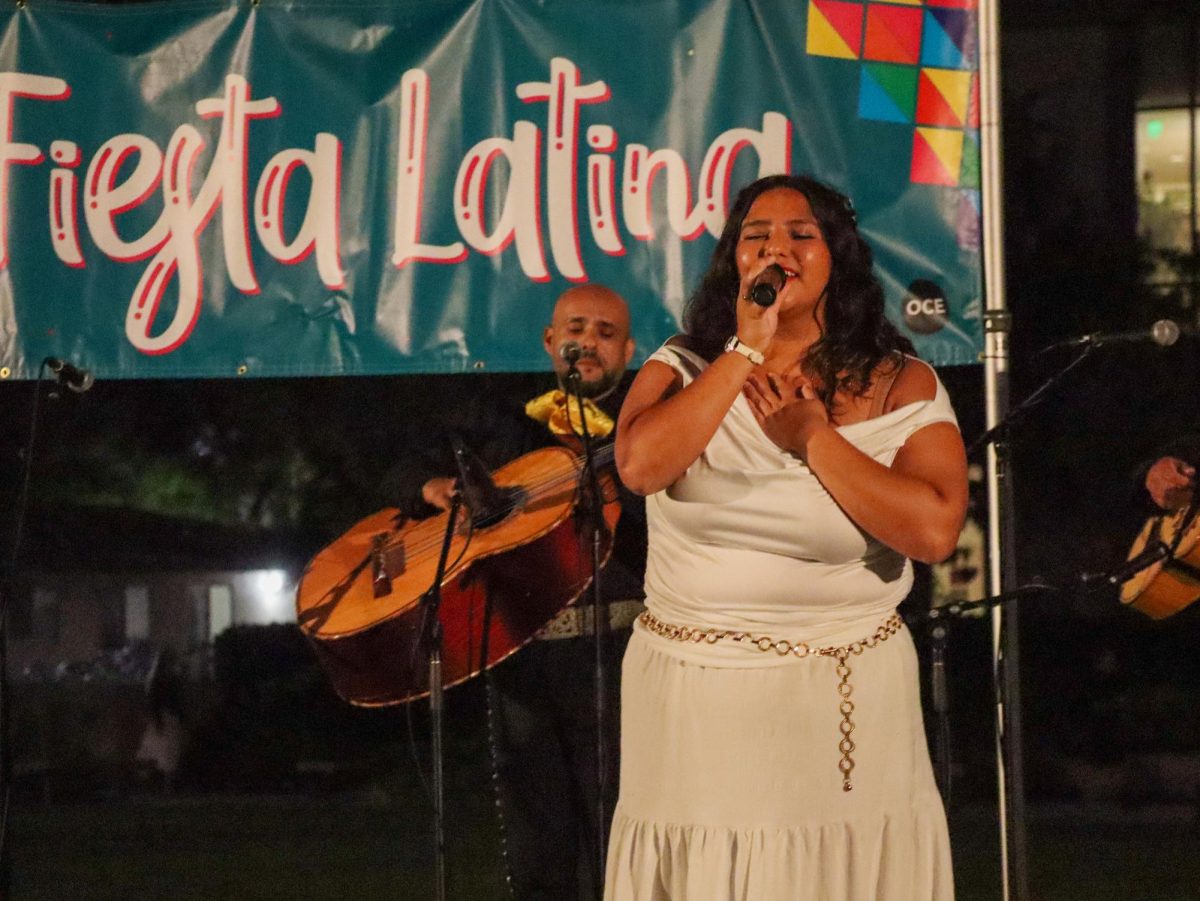The ONE Campaign just launched its campus outreach program, and it’s possibly the most brilliant execution of an awareness campaign since “Invisible Children” revolutionized grassroots advocacy. The ONE Campaign’s Campus Challenge puts grassroots activism in the framework of a competition between schools.
They’ve categorized hundreds of possible activities, assigned points depending on the visibility and importance of each of them, added the points up, and posted every college’s accomplishments in real time. Then there are the prizes: the first 50 campuses to sign up 10% of their population get a load of free ONE gear, including t-shirts and wristbands, the top hundred campuses fly a representative to Washington, D.C. for a three-day summit at ONE’s expense, the top ten schools get $1,000 to fund their own poverty-fighting programs, and there’s some great surprise in store for the college whose students are the best poverty fighters in the country. The opportunity for a Biola student to go to D.C. for three days is what really grabbed me.
The brilliance of the campaign is evident: ONE gives a campus chapter all the tools they need to run a campaign and make it exciting in the process. You won’t run out of ideas, you won’t lose track of your accomplishments, and you won’t feel like you’re the only one doing it, because everything’s listed on the Campus Challenge Web site.
The campaign also teaches you the tools that any business or non-governmental organization (NGO) needs to succeed — good reporting, strategic planning, and competitive programs. The reporting system alone for this particular campaign is something I could’ve used in the NGO I worked with in Sudan. While the work we were doing on the ground fed, clothed and educated hundreds of children with enviable efficiency, we lost donors because our reporting mechanism wasn’t up to par. The ONE Campaign has all these problems nailed; it now depends on whether people act on it or not.
I’m really excited about Biola’s prospects in the ONE Campus Challenge. The competitive side of me aches for a fight with the UC’s, Yale, Notre Dame and MIT. Biola grads like Sylvan Strohm and Mark Kaeck were already working in this area before the ONE Campaign even started, with founding organizations like DATA and Bread for the World. A.S. passed the ONE Declaration as a resolution last year, with the support of every student department on campus. We’ve got 739 members of our Biola ONE facebook group ready to be converted into registered Campus Challenge members: Duke University (at # 13) only has 178 people registered, period. In fact, if we reported everything that we’ve already done, we’d be in the top 20 already: and that’s a Biola student getting flown all the way to D.C. this January.
I think sports and SMU need another partner to drive our identity and campus spirit, and I hope that social justice and humanitarian relief and development fit the bill. While sports build character and display talent, and short-term missions have a tremendous result on the students who minister, justice advocacy has cold, hard results: Rape convictions. Freed slaves. Closed brothels. Treatment for treatable diseases. Access to anti-retrovirals. The list goes on. Jesus’ ministry to the worldly poor and the worldly weak was his greatest witness to spiritual salvation, and I believe that the church is called to the same witness today. My challenge to you is to join the ONE campaign, join a Kingdom Band, join the 24/7 prayer movement, and see the resulting “school spirit” make a difference in the world.






